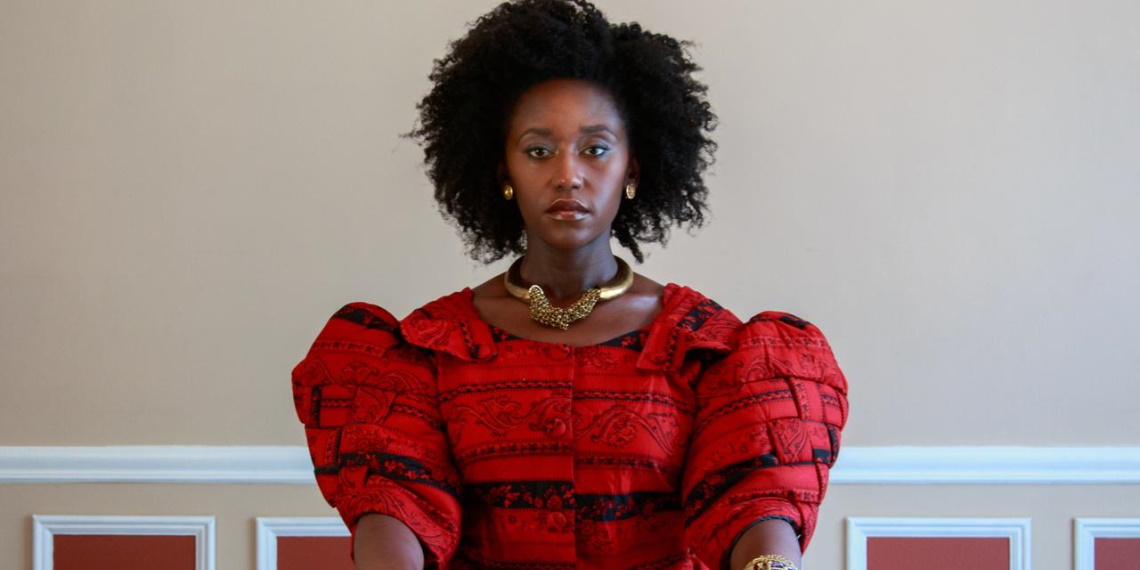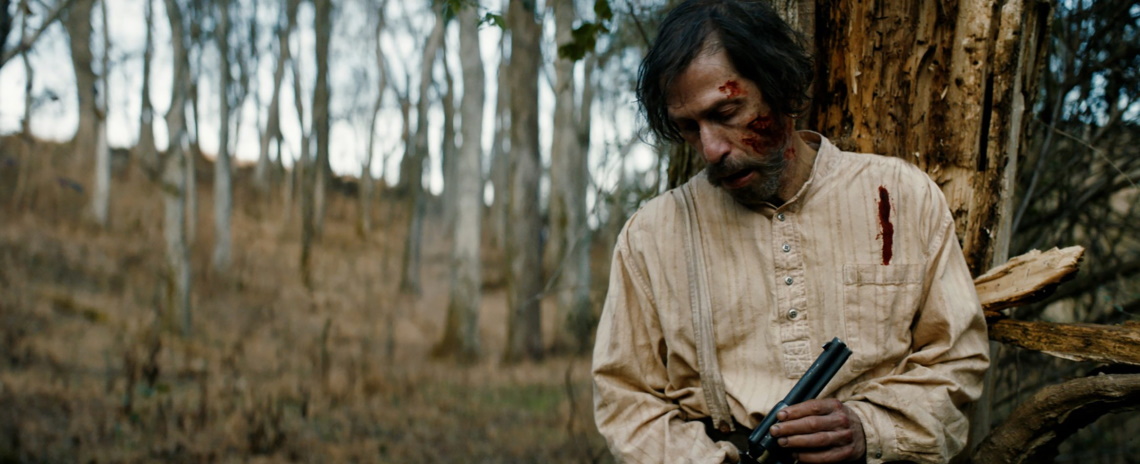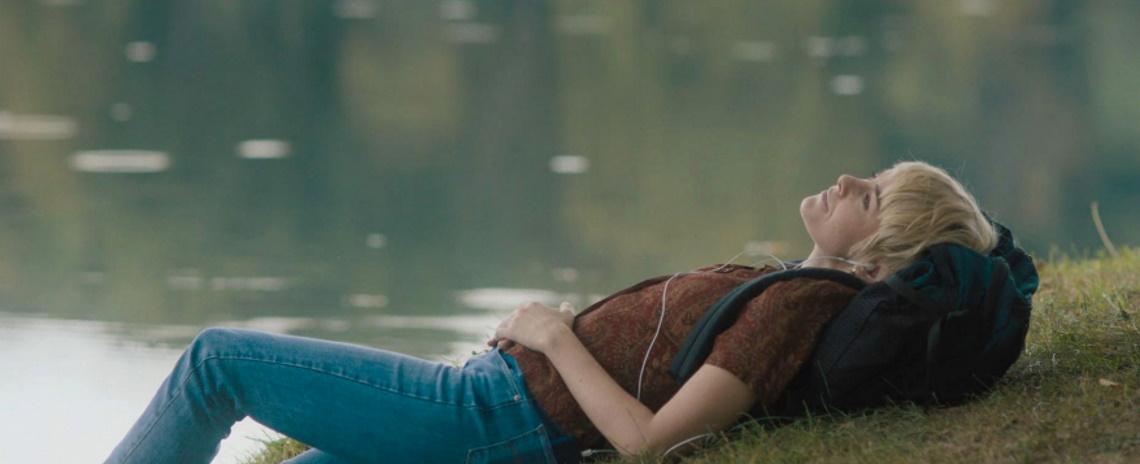Since 1969, the Nashville Film Festival has been bringing the art of cinema to Music City, and the 2021 edition carries a simple slogan of “Film/Music/Culture”. The virtual and in-person programming lives up to this description, with the 52nd NFF presenting a curated selection of V.R. content, musical performances, industry panels, and, of course, narrative and documentary features and shorts. Some have Nashville roots, others are from far-flung corners of the world, and there’s even a few fall festival critical favorites thrown in to boot. This year, The Lens will be covering a selection of films from NFF, which runs Sept. 30 through Oct. 6.
Regional film fests like this typically present a bevy of wide-ranging offerings, but the folks at the Nashville Film Festival seem to have an uncommonly good eye for finding what might be blips on others’ radars. Yes, they’ve still got films already critically lauded from bigger, higher-profile events. During their fest, they’ll feature A24’s Broadway adaptation The Humans, which first showed at the Toronto International Film Festival only a few weeks ago. Also screening is Flee, a hotly-anticipated and already-adored animated doc that premiered at the Sundance Film Festival all the way back in January. There’s also the Kristen Stewart-starring Spencer, Pablo Larraín’s newest biopic, garnering its lead performer some Best Actress Oscar buzz after playing in Telluride and Venice.
As evidenced in their music- and queer-focused selections, NFF presents ample opportunities to discover work by filmmakers without great clout but with the potential to find themselves crossing the likes of the Cannes Croisette in the future. M. Cahill (Mike but not to be confused with another Mike Cahill, director of I, Origins [2014]) is a novelist and screenwriter whose long-gestating directorial debut, King of California, was a notable change of pace and small-scale critical comeback for star Michael Douglas.
Cahill’s second feature, Porcupine, stars former 90s child star-turned-excellent character actor Jena Malone. While Malone doesn’t quite present the name recognition seen in Cahill's previous outing, it’s another opportunity for the director to spotlight a somewhat undervalued performer with a nuanced and substantial character as a jumping-off point. From the dramedy’s first frame, Malone is game. The first close-up on her character, Audrey, might elicit a groan from the audience in anticipation of some dour proceedings. The frame shows her in what appears to be a howl of anguish, head in her hands and gasping for breath from what sounds like a crying session. Her head rises slowly to reveal a laughing face, not a pained one, although it’ll soon be apparent that non-physical pain is precisely the source of her reaction.
This first beat is a pat thesis, but Porcupine does laugh through its tears. Audrey is (pun possibly intended by all) a prickly person whose outward resilience clashes with her fickle behavior. She tells Sunny (Emily Kuroda) and Otto (Robert Hunger-Bühler), the married couple she’s “interviewing” in the hopes of becoming their adopted adult daughter, that she’s been in their city for nearly a year now – the longest she’s lived anywhere. Otto, a no-nonsense German immigrant and retired NASA engineer scoffs at the admission, but, as Audrey will soon discover, he’s also the type whose abrasive actions have created friction with those who should be the closest to him.
A portrait of a blossoming connection that opens up two people to new possibilities in life, Porcupine reads Sundance indie in its biggest strides. Its smaller steps are rich with (pun definitely intended) sharp, comedic shrewdness. Cahill has a deeply perceptive eye and can tell a decades-long story with a single image and a single line. In a gesture intended as a long-distance surprise for Mother’s Day, a smiling Audrey holds up a vase of flowers to her iPhone as she calls her biological mom via Facetime. The woman exhaustedly answers, “Can you please call me the right way?” and immediately disconnects.

As a Columbia University research scientist, Sarah (Nana Mensah) appears to have her life together a lot better than Audrey. She’s even got a long-term boyfriend, and is weeks away from moving with him from NYC to Ohio. Like Audrey, though, this second generation Ghanaian immigrant is beset by her caustic familial relationships and their history from which she’s disconnected. Queen of Glory, writer-director Mensah’s debut, takes place at an important juncture in the twenty-something protagonist’s life: the space between her mother’s death and the traditional wake she’s been charged with setting up.
Her other grand plans rapidly disintegrate. She moves into her Brooklyn childhood home with her father (Oberon K.A. Adjepong), who’s been living back in Ghana since he and Sarah’s mother split. She inherits King of Glory, the Christian religious supply and bookstore previously owned by the deceased matriarch, along with her mother’s sole employee, the pot-confection-making ex-con Pitt (Meeko). Lastly, and most meaningful to her, the relationship that has her packing up for the Midwest is on shaky ground. Unlike Porcupine’s Audrey, these pressures don’t manifest a flight response from Sarah. She fights instead, and the culture and personal clashes within Queen are sketched with a barbed wit that matches Sarah’s no-holds-barred approach. When a White friend of the family shows up at her mother’s funeral and uncomfortably notes, “This seems like an all-family affair.” Sarah jabs back, “Nope, everyone’s just Black.” Mensah’s film, however, carries a sensitivity towards all of its characters, and the alchemy she’s created is one of the fest’s better discoveries.

Potsy Ponciroli’s Old Henry is on a decidedly larger scale than those Cahill and Mensah are working on. Perhaps because of this, it already had its debut at the same Venice Film Festival where Spencer was given an admittedly brighter spotlight. The writer-director’s entrée into dramatic territory – after paying some dues in the comedy world – is a Western featuring the more well-known talents of Tim Blake Nelson and Stephen Dorff. Similar to other works that deconstruct the genre like Eastwood’s Unforgiven (1992) and Altman’s McCabe & Mrs. Miller (1970), this writer-director seeks to dissect American myths by highlighting the brutality inherent in the country’s economic and cultural history.
One wouldn’t even blink if they were to cross paths with pitifully haggard Henry (Blake Nelson). He’s a farmer whose only living family is his teenage son, Wyatt, played by Gavin Lewis, whose – intentionally or not – stilted performance works to highlight the young man’s naiveté. Henry is rough on his son, refusing to let him practice shooting and keeping a watchful eye on him on their farmland. He seems to have his reasons. The man often alludes to a traumatic past, but he keeps that as hidden as the trunk full of cash stashed in the bedroom closet. What the father and son don’t know is that a murderous posse, led by the savage yet charmingly verbose Ketchum (Dorff), are about to come knocking at their door in search of a wounded man. What the posse doesn’t know, but still suspects, is that man (Scott Haze) is already inside Henry’s home, nearly bleeding to death.
Ponciroli showcases a raw talent for rendering the Fordian landscapes of the festival’s home state of Tennessee, the setting of what becomes a pulse-quickening siege thriller. However, comparison to Eastwood and Altman’s masterworks isn’t meant to describe his film as such. Reliant on clichés born from those and other nü-Westerns, Old Henry is by turns now-standard fare and only too-occasionally invigorating – as opposed to its complete opposites in Porcupine and Queen of Glory.


